
1. We need to do a better job socializing students. It’s important to know what to expect in the “real world” and as educators, we have a responsibility to provide students with experiences that replicate the life of an Athletic Trainer.
2. We need to stop saying things like “back in my day” or “when I went to school.” Our profession has undergone significant educational reform and it will again. We have all had unique experiences. Draw from them to teach, not to contrast.
3. We need to mentor young professionals. They often face difficult challenges with interpersonal communication, administrative responsibilities, and increased pressure. Helping young professionals strategize and manage these challenges will help us retain great Athletic Trainers.
4. We need to take time for ourselves, used a teamed approach to care, and choose not to hold each other in contempt when life conflicts with work… especially when all of us will face a day when our lives are more important than our work. Encourage family, exercise, hobbies… encourage time for life.
Young professionals are avoiding the traditional settings because of the long hours, increased intensity, and overall lack of appreciation for Athletic Trainers. We need to show people the stark contrast between our HEALTH PROFESSION and traditional athletics. Just because coaches think more is better, doesn’t mean that’s good medicine. Time away… is supported by the evidence… for athletes and Athletic Trainers.
Lindsey Eberman, Ph.D., LAT, ATC
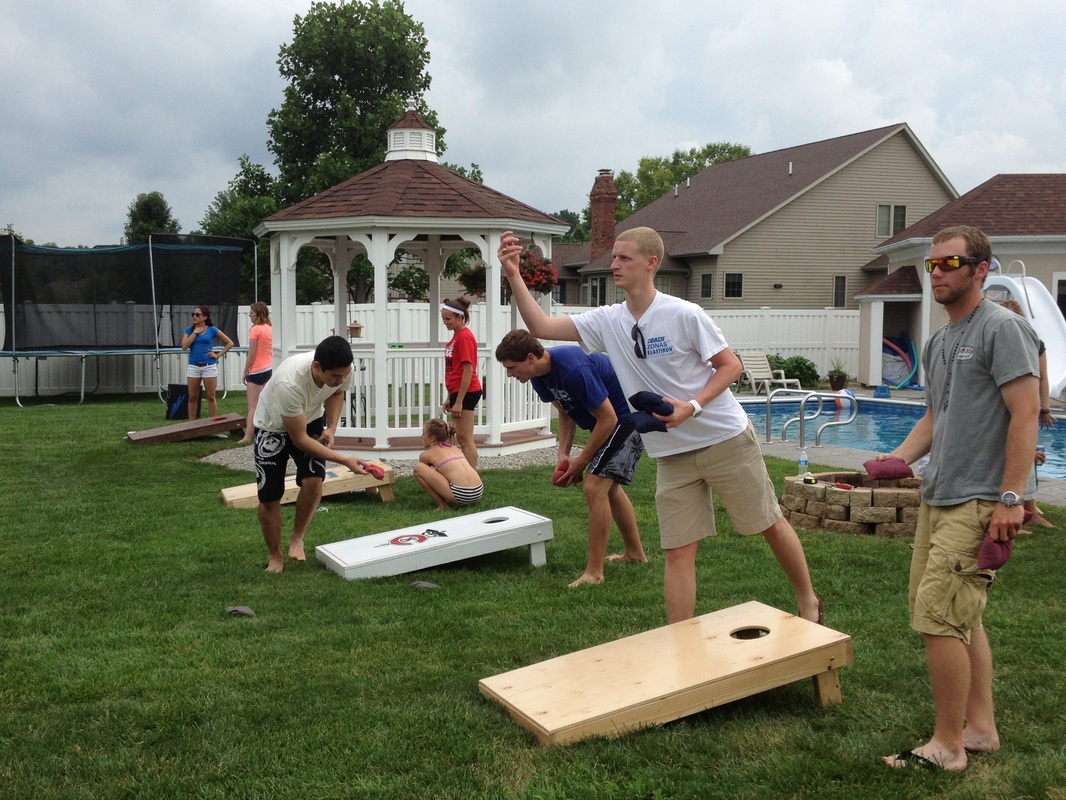
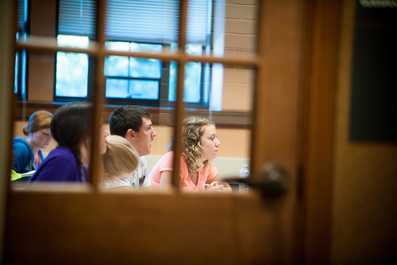
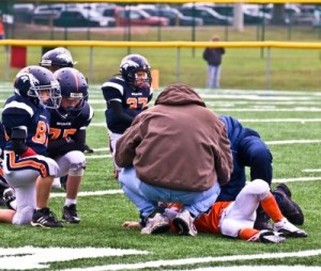


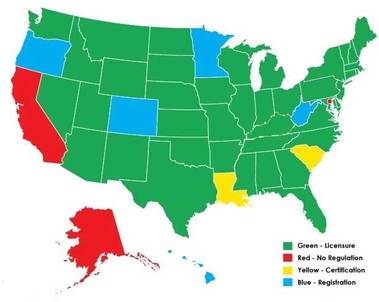
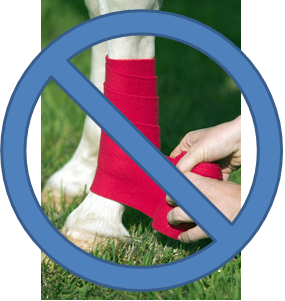
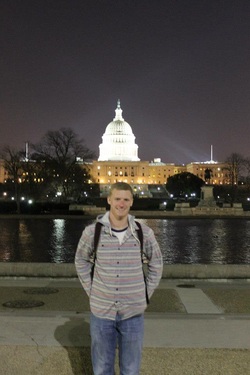
 RSS Feed
RSS Feed
